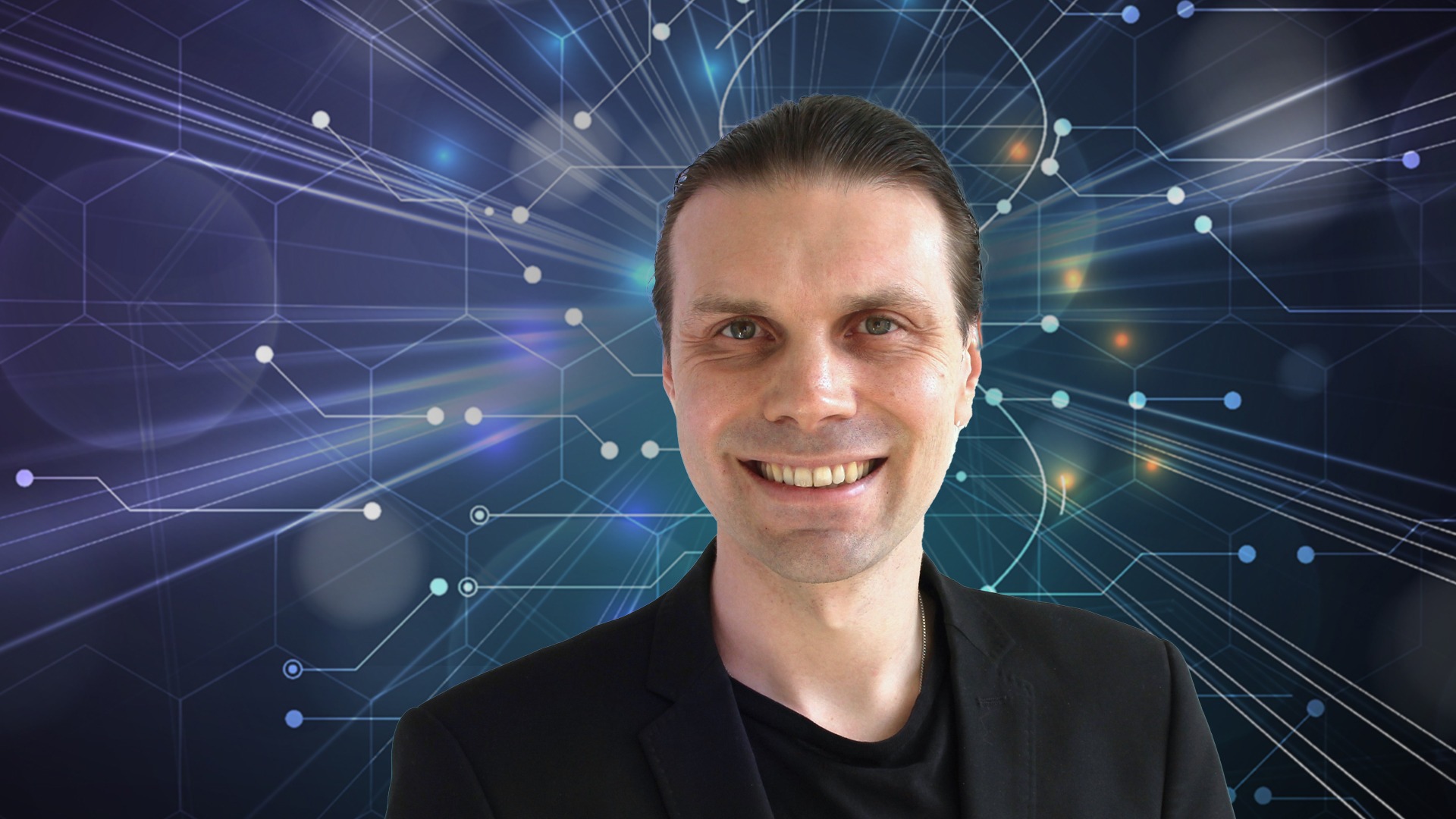New DDLS Fellow: Avlant Nilsson
The SciLifeLab & Wallenberg National Program for Data-Driven Life Science (DDLS) continues to recruit outstanding early career group leaders, both nationally and internationally, as DDLS fellows. Learn more about our latest fellow, Avlant Nilsson (Karolinska Institutet), in our Q&A-style article.
Avlant will be joining the DDLS Precision medicine and diagnostics research area.
Avlant is a computational biologist that holds a BSc (2009-2012) in Biological Engineering, a MSc (2012-2014) in Engineering Physics, and a PhD (2014-2019) in Systems Biology from Chalmers University of Technology in Gothenburg. His PhD thesis focused on simulating the metabolism of growing cells in cancer, infants, and yeast. Avlant conducted his postdoctoral work at Massachusetts Institute of Technology, MIT (2019-2023), where he developed deep learning models that simulate signal transduction in immune cells. This work was also supported by the Swedish research council.
How do you think your expertise can contribute to the program?
I think my experience with modeling molecular networks at the genome-scale will help in interpreting omics-data generated throughout the program.
Shortly describe your research in an easy-to-understand way.
Cancer emerges from dysfunctional cell states that lead to, for instance, sustained proliferation, and evasion of the immune system. This is driven by mutations and other perturbations that form a unique pattern in each cancer. Finding effective drug targets in each specific case is the aim of precision medicine. However, this is not always straight forward, because the cell’s molecular networks are highly interconnected and even small perturbations can trigger chain-reactions with unexpected consequences. A systems-wide computer model of the cell could help with this.
Deep learning models excel at finding complex relations in large quantities of data; but it is not always easy to understand what their predictions mean. By constraining them so that their relations align with molecules that interact physically, the models have a direct biological interpretation. My lab will make use of this to construct a model that simulates metabolism, signaling, and gene regulation in cancer. It will be trained on high-throughput datasets from different cell types, interventions, and cellular processes. We will use it to identify effective drug combinations, predicting resistance mechanisms, and understanding cell-cell interactions in the tumor microenvironment. This will pave the way for computer-designed therapies against cancer.
How do you think the program and interactions with the other DDLS-Fellows will benefit you?
Science is an increasingly collaborative effort, and as a primarily computational lab, we work closely with our peers on identifying problems, generating data, and translating our results. The DDLS program attracts top researchers from the whole world, and this environment will be very stimulating for my students, postdocs, and myself.
Name one thing that people generally do not know about you.
Before switching fields, I studied philosophy and logic for 2 years. I reasoned that biological engineering may provide more concrete answers to my questions about life, death, and consciousness.
Where do you see yourself in five years regarding the DDLS aspect?
I am inspired by the successes of deep learning in multiple areas of science, and I believe that we are in the midst of a similar transformation in medicine and biology. I think that deep learning models will be used routinely on all omics-data that is generated. This will increase the information gained from the experiments and hopefully enable precision medicine options for most patients.
In one word, describe how you feel about becoming a DDLS-Fellow.
Collaborative.





